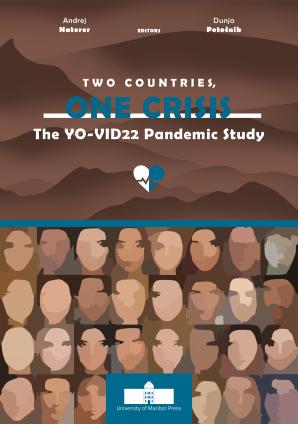2. Life Satisfaction and Aspects of Subjective Well-Being of Youth as Indicators of Youth Mental Health: Pre-Pandemic, Pandemic, and Post-Pandemic Perspectives
Kratka vsebina
This chapter examines youth well-being in Croatia and Slovenia before, during, and after the COVID-19 pandemic, with particular emphasis on mental health outcomes. Findings reveal a marked decline in life satisfaction across family life, friendships, and body image, with negative changes disproportionately affecting girls and young people of lower socio-economic status. During the pandemic, around one-fifth of respondents reported rarely or never experiencing positive emotions, while one-third frequently encountered negative states such as sadness, fear, or anger. Loneliness emerged as a significant concern, particularly among girls, though age-specific patterns differed between the two countries. Despite this, most young people retained access to supportive social networks, which served as an important protective factor. On the other hand, the post-pandemic period showed improvements in subjective well-being, which included stronger social connectedness and more positive emotional states. However, persistent vulnerabilities remain, particularly among girls, the youngest cohort, and youth from disadvantaged backgrounds.
Prenosi
Strani
Izdano
Kategorije
Licenca

To delo je licencirano pod Creative Commons Priznanje avtorstva-Deljenje pod enakimi pogoji 4.0 mednarodno licenco.






